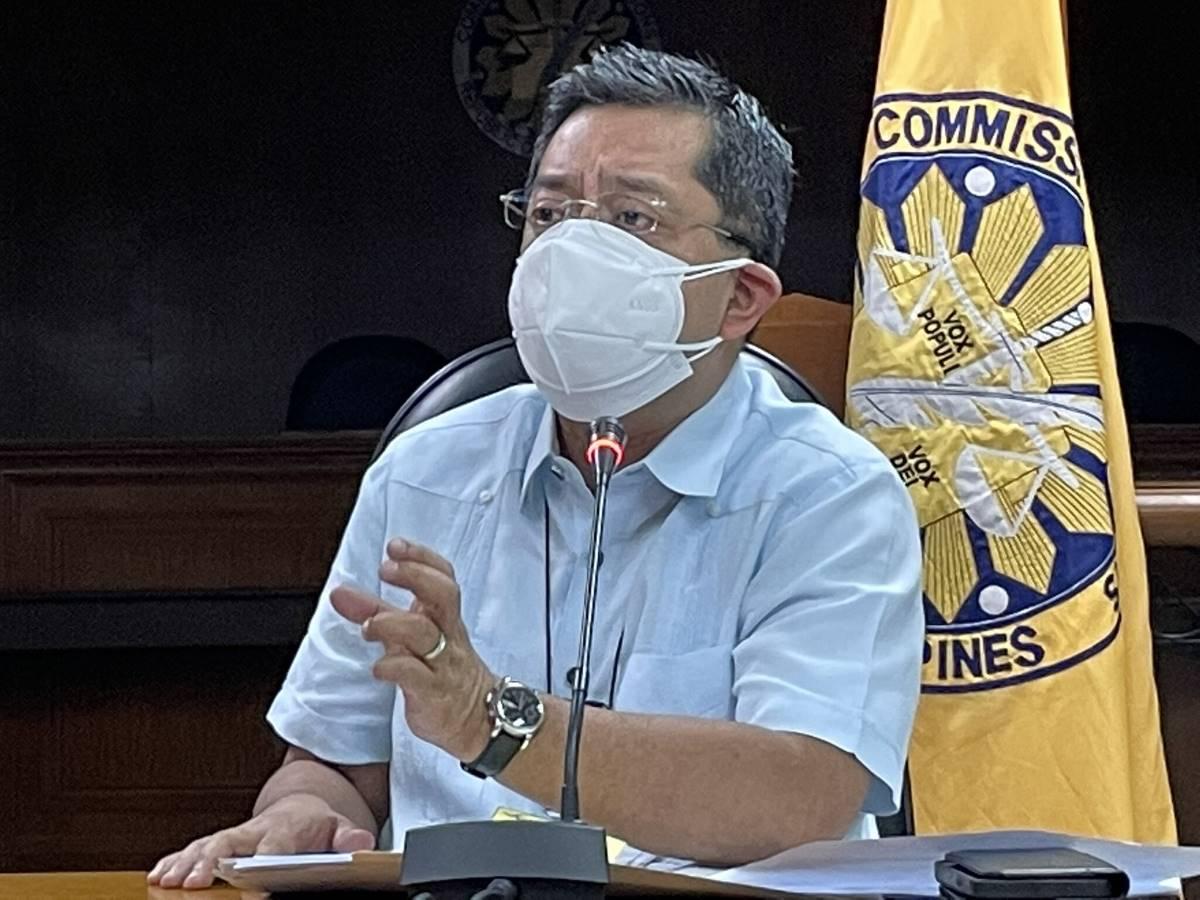Comelec warns politicians against conducting raffles at campaign sorties

As the 45-day campaign period for local candidates kicks off, the Commission on Elections (Comelec) on Monday warned politicians against conducting raffles during campaign sorties.
Comelec Commissioner George Garcia said that raffles or any in-kind donations can be considered vote-buying.
“Akala siguro nila makakaligtas sila sa mga ganyan. Maaaring nakakaligtas sila sa panahon na hindi pa campaign period pero sinabi natin na sige, ka-Peñera-Peñera doctrine, pero ngayon pumasok na ang campaign period March 25 onwards hindi niyo na ma-cite ang Peñera na yan,” Garcia told CNN Philippines.
(They probably thought they could get away with it. Maybe they did get away with it before the campaign period and we said fine, Peñera doctrine, but now that the local campaign period has started you can no longer cite Peñera.)
Last week, Cavite Governor Jonvic Remulla was caught on video giving away cash prizes to participants of a talent show at the Bongbong Marcos-Sara Duterte campaign rally in Dasmariñas City.
However, Remulla shrugged off vote-buying allegations, saying the campaign period for local candidates has not yet started.
Garcia also explained that vote-buying does not necessarily involve giving money as cited in Section 261 of Omnibus Election Code.
“Promise pa lang can be considered vote-buying, kung ayan mismo ay makaka-influence sa vote ng botante. Hindi namin binabase sa liit o laki. Ang importante diyan ay kung ang intensyon mo sa pamimigay ay bilhin ang kanilang boto,” he said.
(A promise can be considered vote-buying, if that is what influences their vote. It's not based on the amount. What's important is that your intention in giving is to buy their vote.)
To prevent vote-buying during election season, Garcia said the Comelec will launch Task Force Kontra Bigay.
The task force will be composed of several government agencies including the Department of Justice, National Bureau of Investigation, Philippine National Police, Armed Forces of the Philippines, and Philippine Information Agency.
It aims to act motu proprio as well as on formal complaints involving vote-buying.
“Ibig sabihin bibigyan naming ang mga kasama sa task force na mag motu proprio investigation ng sarili. Mangalap ng ebidensya ng sarili, magpatawag ng mga tao at mag-subpoena ng mga tao para lang hindi na tayo aasa lang na may mag-file ng complaints,” Garcia said.
(This means we can give the task force the power to conduct motu proprio investigations, to gather evidence on their own, to call and subpoena people, so we don't have to depend on somebody filing a complaint.)
“Ang mismong task force ang hahabol sa kanila kahit meron tayong mga kababayan na natatakot na mag-complain,” he added.
(The task force will go after them, if the members of the public are too afraid to complain.)
Moreover, the commissioner urged voters to refuse vote-buying and report it to the Comelec, noting that complainants should provide strong evidence of such an act.
“Gamitin ninyo ang [Use] social media. We will take cognizance of your postings, of your pictures, of your videos, and we will cause the investigation. We will require all our field personnel to investigate the allegations of vote buying,” Garcia stressed.
Meanwhile, Garcia said that politicians who will be proven to buy votes will face one to six years of imprisonment and disqualification.
“Hindi po garantiya na porket nanalo kayo ay hindi na kayo pwede ma-disqualify,” he stated.
(Winning is not a guarantee that you won't be disqualified.) — Mel Matthew Doctor/BM, GMA News



